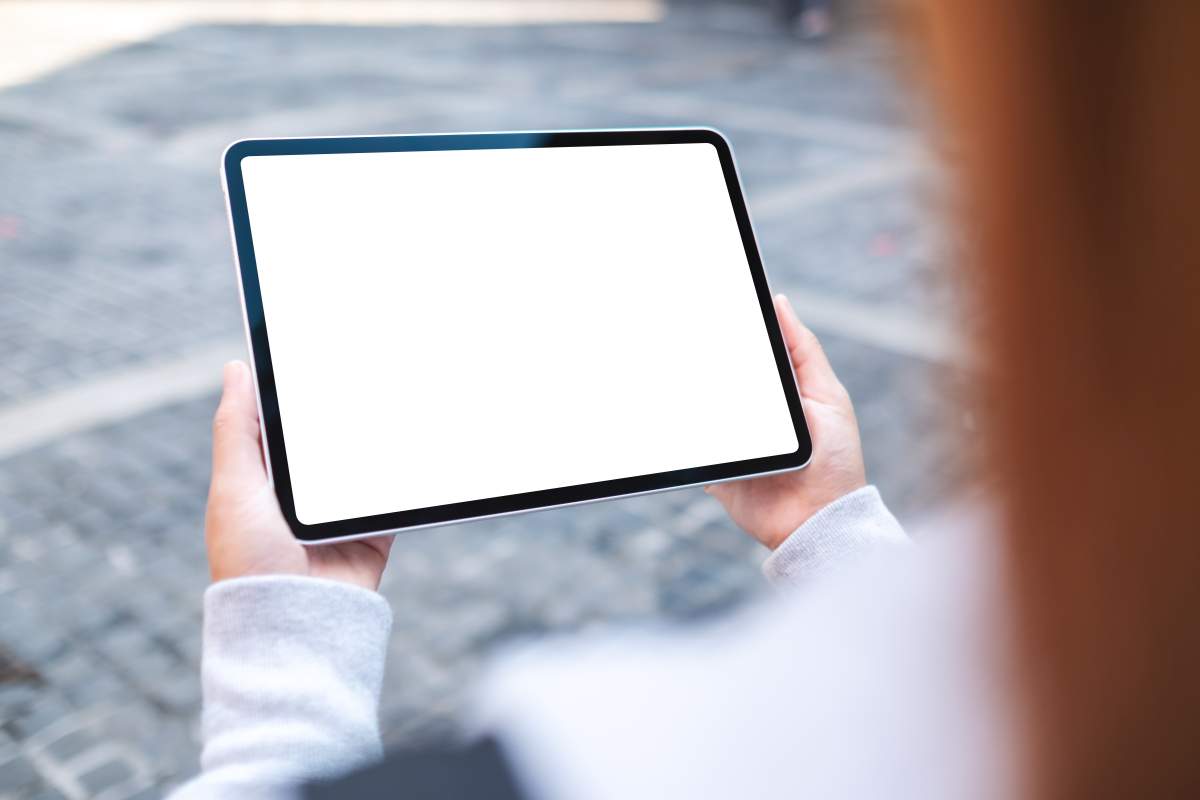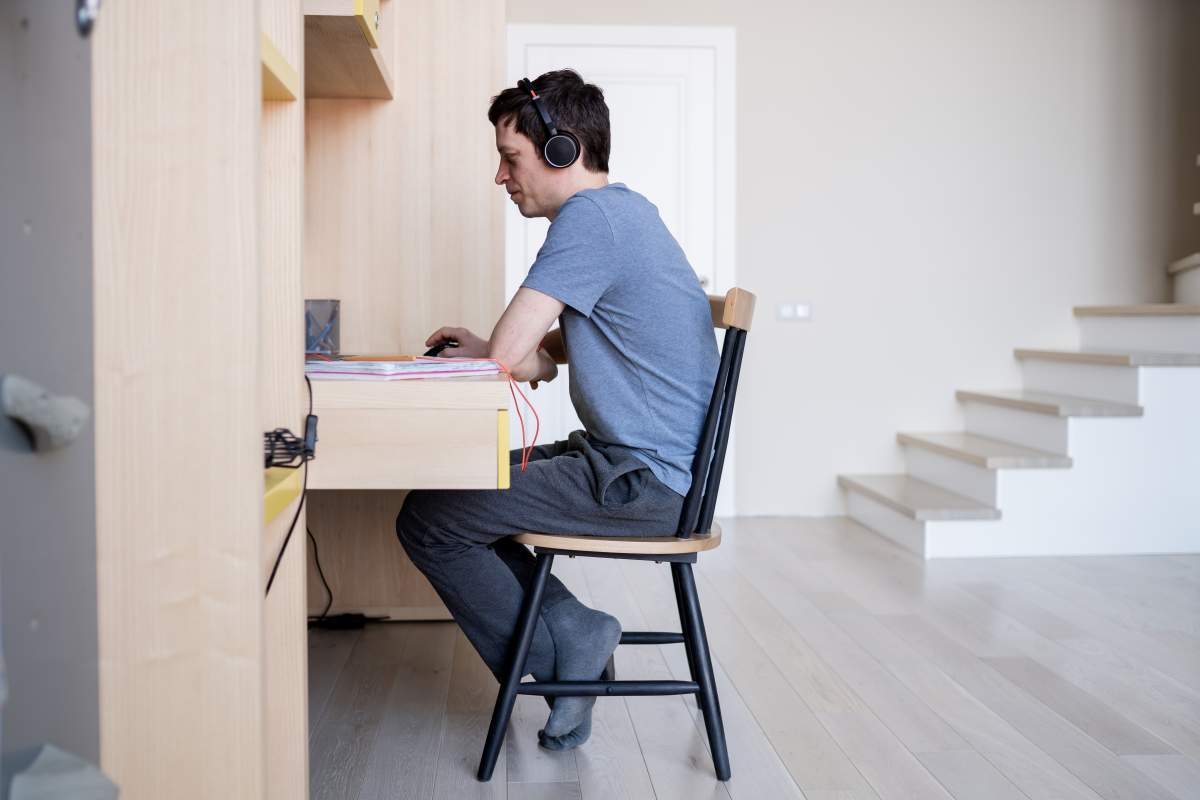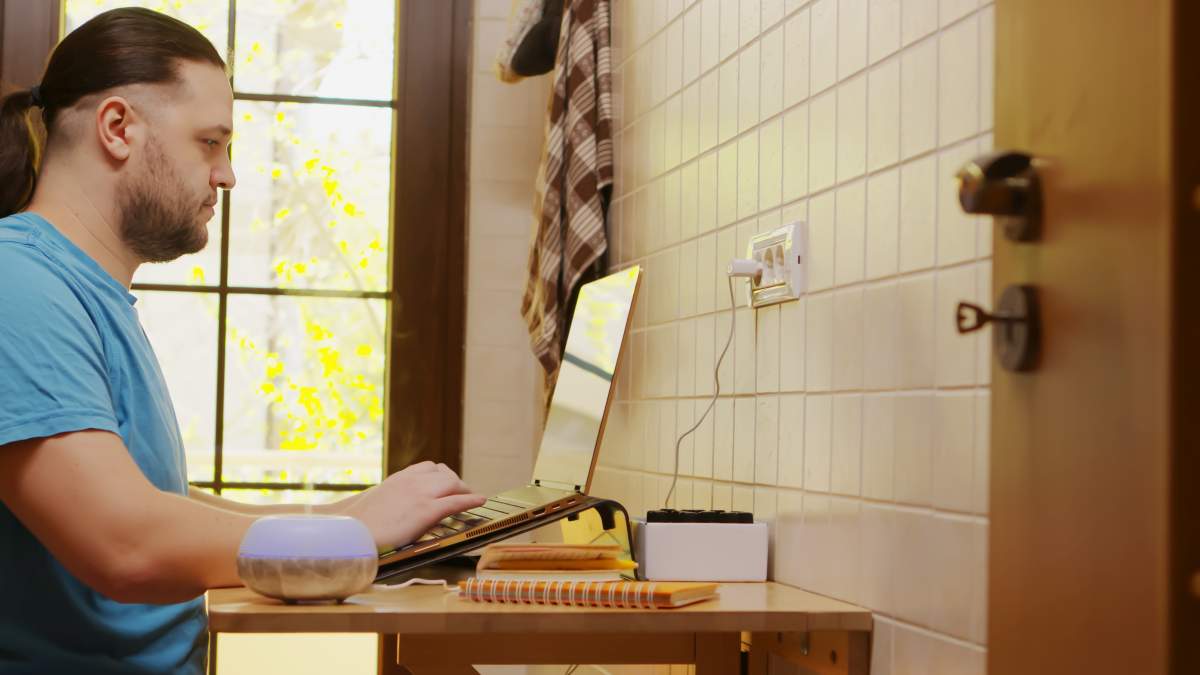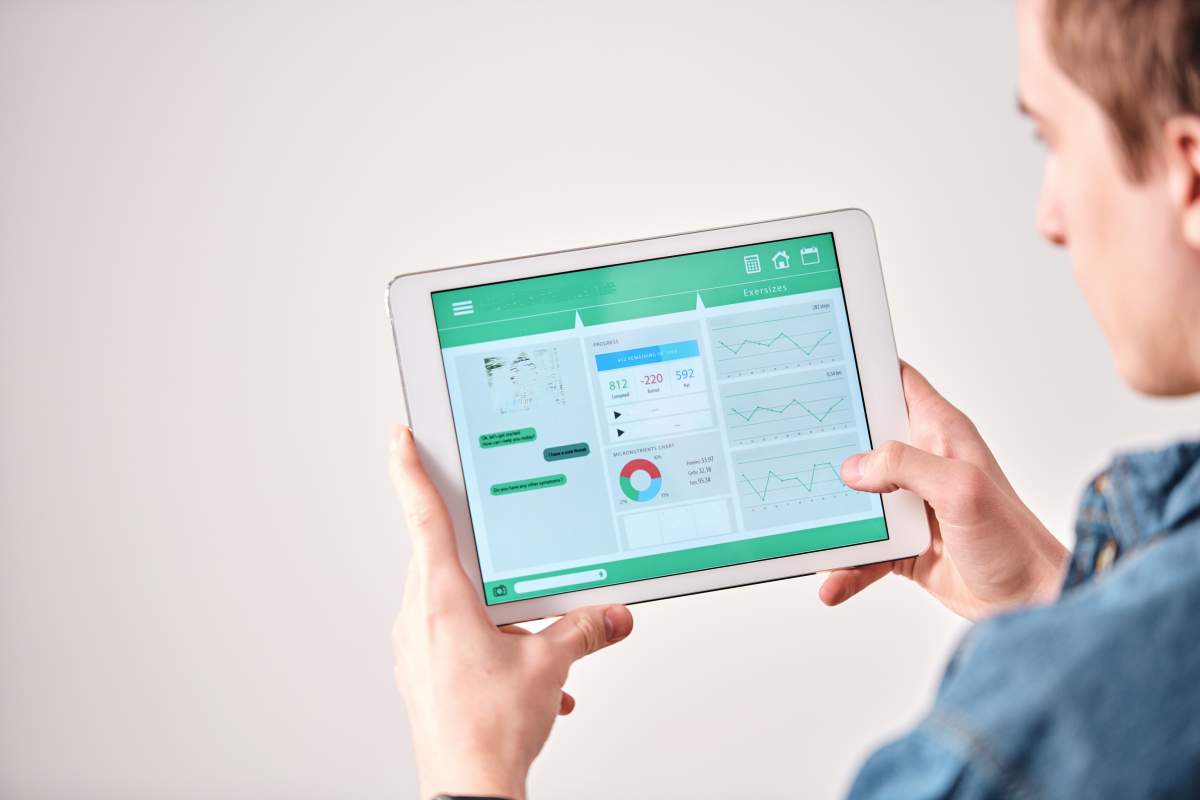The evolution of public selection management has faced major changes in just a few years, some due to force majeure events that no one was prepared for.
While the pandemic wave, which paralysed the entire world for more than two years, with emergency fighting and subsequent recovery phases, was a major setback, it also represented a major step forward to a new way of living and dealing with every aspect of personal and working life.
In this new scenario, the world of competitions had to adapt and reinvent itself in the way selection was conceived: if in fact, in the pre-Covid era, competition procedures had to be carried out in person, the post-pandemic years saw the advent of the remote mode, exploiting the use of technological tools with a view to optimizing logistics and health protection safety.
Below, we retrace the salient stages in the use of tools that have enabled the management of public competitions in recent years up to the advent of a new digital era.
The Paper-based Method
As the only mode of conducting public selections, for a long-time paper also acquired connotations of familiarity for those who were approaching the tests of a public competition for the first time.
Soon, however, it was realized that the classic mode was obsolete and remained behind the advances of technological progress and social awareness of new issues under debate, first and foremost the protection of personal data and the fight against environmental pollution.
Computer
The introduction of computers into the world of competition procedures has established the first step towards what will be the race towards digitization.
The use of computers amplified the margins of intervention in the resolution of problems that arose during the procedure, such as the possibility of correcting errors and speeding up the processing of examination papers.
However, there remained the rigidity of a system that, although computerized, did not eliminate the use of paper, did not solve privacy and environmental problems, and above all forced competition users and administrators to face logistical inconveniences due to exhausting travel, long waits, and great waste of energy.
Online Proctoring
The advent of the pandemic significantly changed the situation in competition procedures. On one hand, the need to continue holding competitions, on the other hand, the need to protect personal health and the need to comply with new anti-contagious measures led to the emergence of a new system in the management of public selections, totally remotely.
Online proctoring, while initially advantageous, particularly in terms of the mode and convenience of managing the tests entirely online, has raised major issues in terms of personal data protection, the handling of sensitive data, and the fairness and transparency of the selection process.
Tablet
The tablet has recently entered the world of competitions, starting in 2021, and with the subsequent regulatory reforms about competitions, it is destined to become the main management tool for all phases of competition procedures.
The tablet is presented as an autonomous device attributed to each candidate, associated with a Sim, which allows the input of texts and graphic elaborations, including the use of an electronic pen.
Thanks to the use of the tablet, space limitations, which in the past have led to serious logistical problems and excessive time extension, unacceptable for competitions with thousands of candidates, are overcome.
Technological innovation has also optimized the preparatory phases of the tests: during check-in, candidates are identified by a wristband with QR code: a secure encryption system based on a public/private key typical of blockchain systems.
This technology, which was the basis for the development of the system, guarantees the inalterability and uniqueness of the proof.
The data entered is not lost even if the device breaks or malfunctions.
Recrytera looks to the future
The Dromedian Group, to which Recrytera belongs, has specialized for almost 20 years in helping PAs access the best technological solutions to solve their challenges, accelerating their digital transformation in a rapidly changing environment.
Recrytera’s mission is to ensure:
- better standards for the organization of competitions in terms of efficiency, scalability and accessibility;
- environmental sustainability, including a conscious decision to abolish the use of paper and greater environmental protection;
- security and transparency in the processing of personal data, by reducing the risk of sensitive data leakage;
- greater participation of candidates, by providing for competitions to be held in locations throughout the country.
The choice of methodology to be followed for the management of public competitions requires a careful evaluation of the many factors that come into play.
Compared to the past, where each solution had advantageous and unfavorable aspects, the use of tablets stands out as a balanced approach, able to summarize and effectively meet the needs of technology, security, data protection, and ecology, thus becoming a promising solution for all administrations looking to the future.
Experience a revolutionary way of living competitions, contact us!






